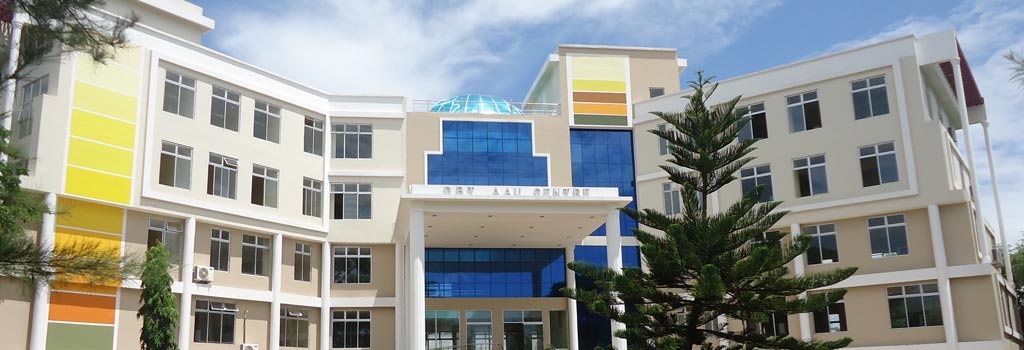INDIA: Two Salesian universities chosen as new sites for India’s Atal Incubation Centers

(MissionNewswire) Assam Don Bosco University in Guwahati and Assam Agricultural University in Jorhat have been selected by the Indian government as new locations for Atal Incubation Centers under the Atal Innovation Mission of the National Institution for Transforming India, Government of India (Niti Aayog), according to a news article in Northeast Now.
According to the Niti Aayog website, Atal Incubation Centers nurture innovative start-up businesses in their pursuit to become scalable and sustainable enterprises. These incubators provide support for physical infrastructure in terms of capital equipment and operating facilities. They also provide support for mentoring the start-ups, business planning support, access to seed capital, industry partners, trainings and other relevant components required for encouraging innovative start-ups. Atal Incubation Centers are being set up in specific areas such as manufacturing, transport, energy, health, education, agriculture, water and sanitation.
“These incubation centers in Assam will create a new generation of entrepreneurs and innovative start-ups, which will lead to employment generation and overall development of the region,” said Vikramjit Kakati, Assam Don Bosco associate professor of mechanical engineering and administrative officer, in the article.
According to the provisions of the award, Atal Innovative Mission will provide a grant-in-aid of up to Rs 10 crore for a maximum period of five years to cover the capital and operational expenditures to establish the Atal Incubation Centers. A total of 2,676 applications were received from all over India for scale up support of existing incubation centers and Atal Incubation Centers in the second-round call for applications by the Atal Innovation Mission.
“Salesian programs aim for innovation and to aid marginalized communities to have the skills training and resources they need to find, and even create, long-term employment that will help them break the cycle of poverty,” says Father Mark Hyde, director of Salesian Missions, the U.S. development arm of the Salesians of Don Bosco. “This and other projects in India help these communities to be competitive in the labor market and aid Salesian students to gain financial security.”
India has the world’s fourth largest economy but more than 22 percent of the country lives in poverty. About 31 percent of the world’s multidimensionally poor children live in India, according to a new report by the Oxford Poverty and Human Development Initiative. A multidimensionally poor child is one who lacks at least one-third of 10 indicators, grouped into three dimensions of poverty: health, education and standard of living.
India’s youth also face a lack of educational opportunities due to issues of caste, class and gender. Almost 44 percent of the workforce is illiterate and less than 10 percent of the working-age population has completed a secondary education. In addition, many secondary school graduates do not have the knowledge and skills to compete in today’s changing job market.
###
Sources:
Northeast Now – Assam Agricultural University & Don Bosco University get Atal Incubation Centres
World Economic Forum – 8 things you need to know about India’s economy
Photo courtesy Assam Agricultural University Facebook page




